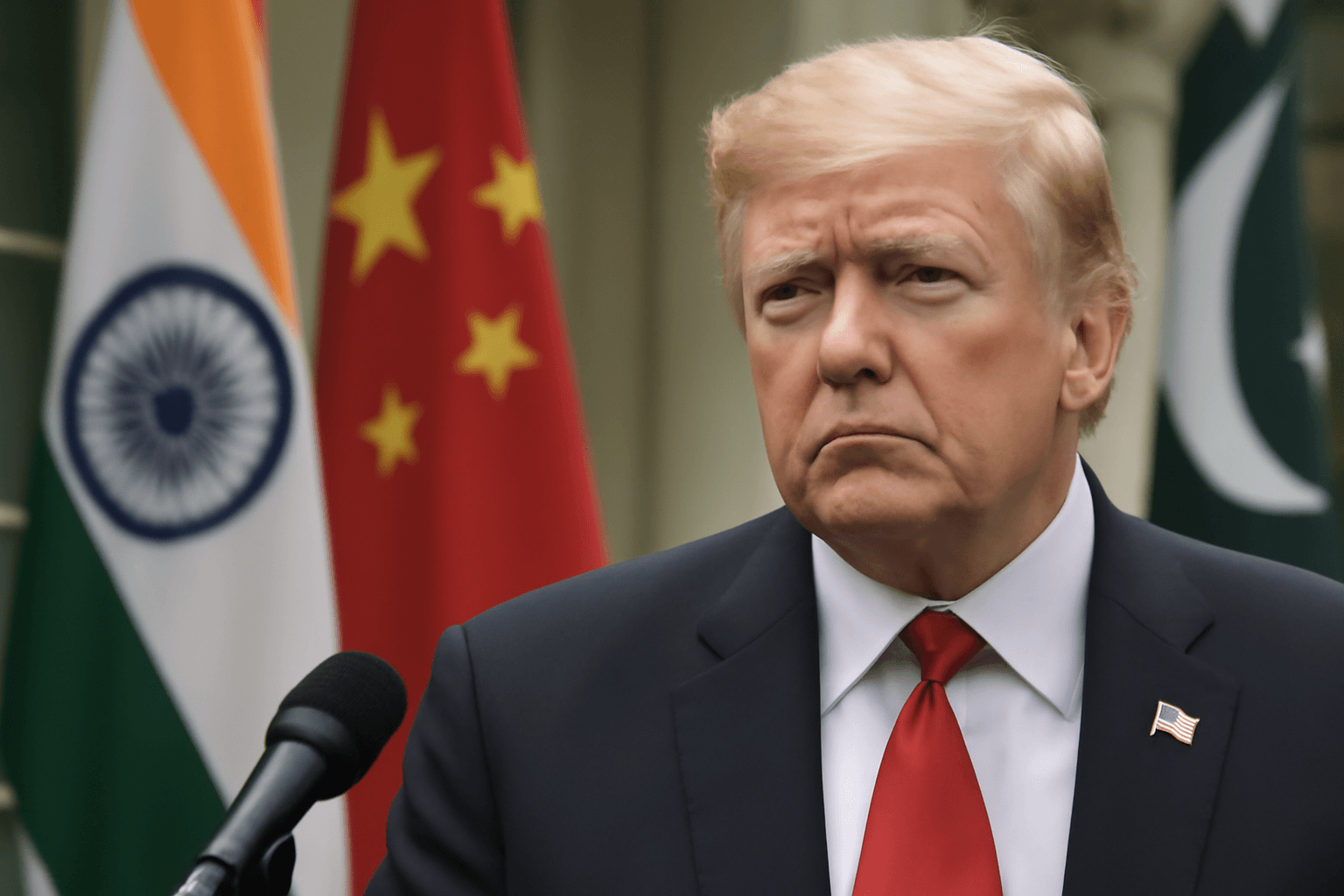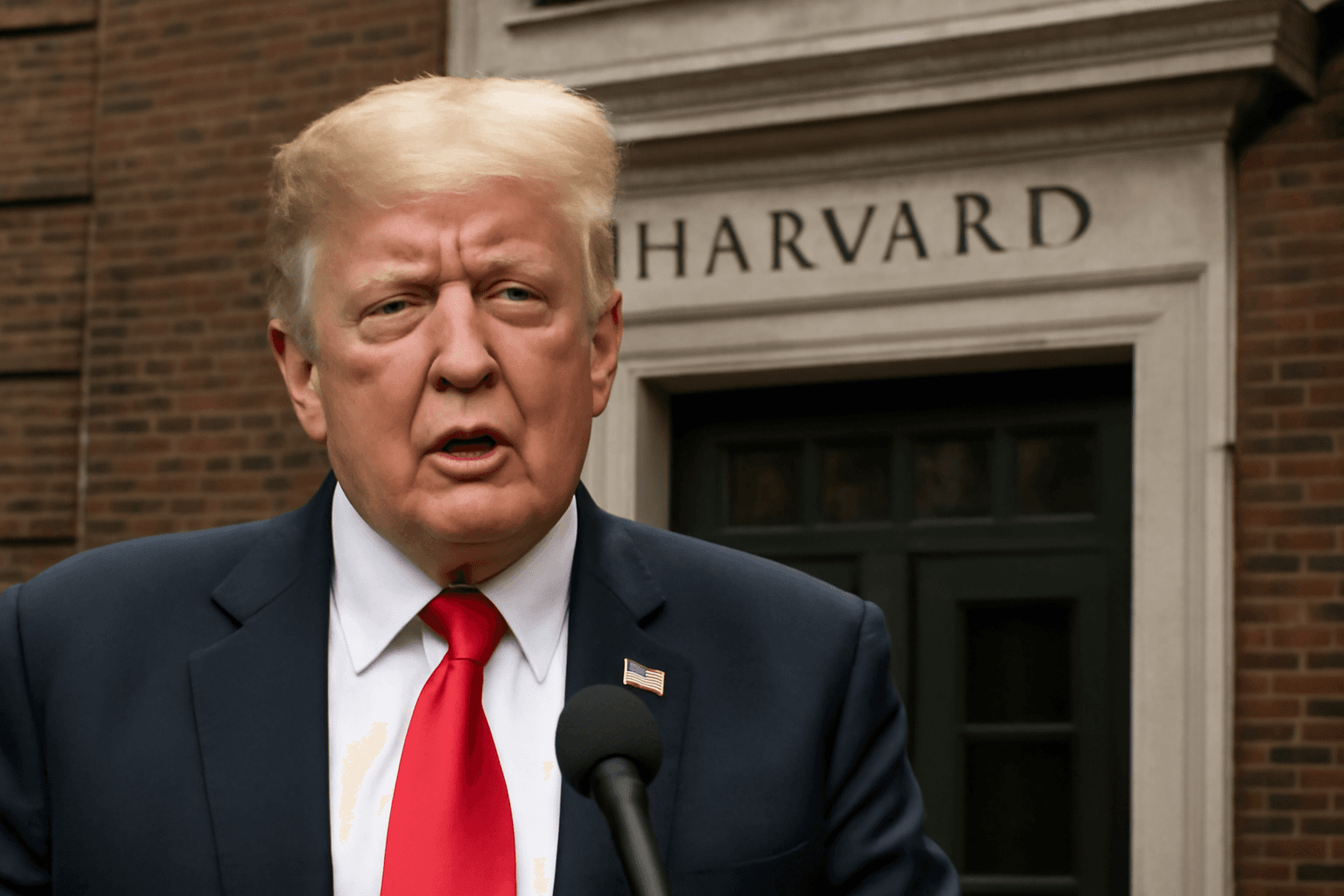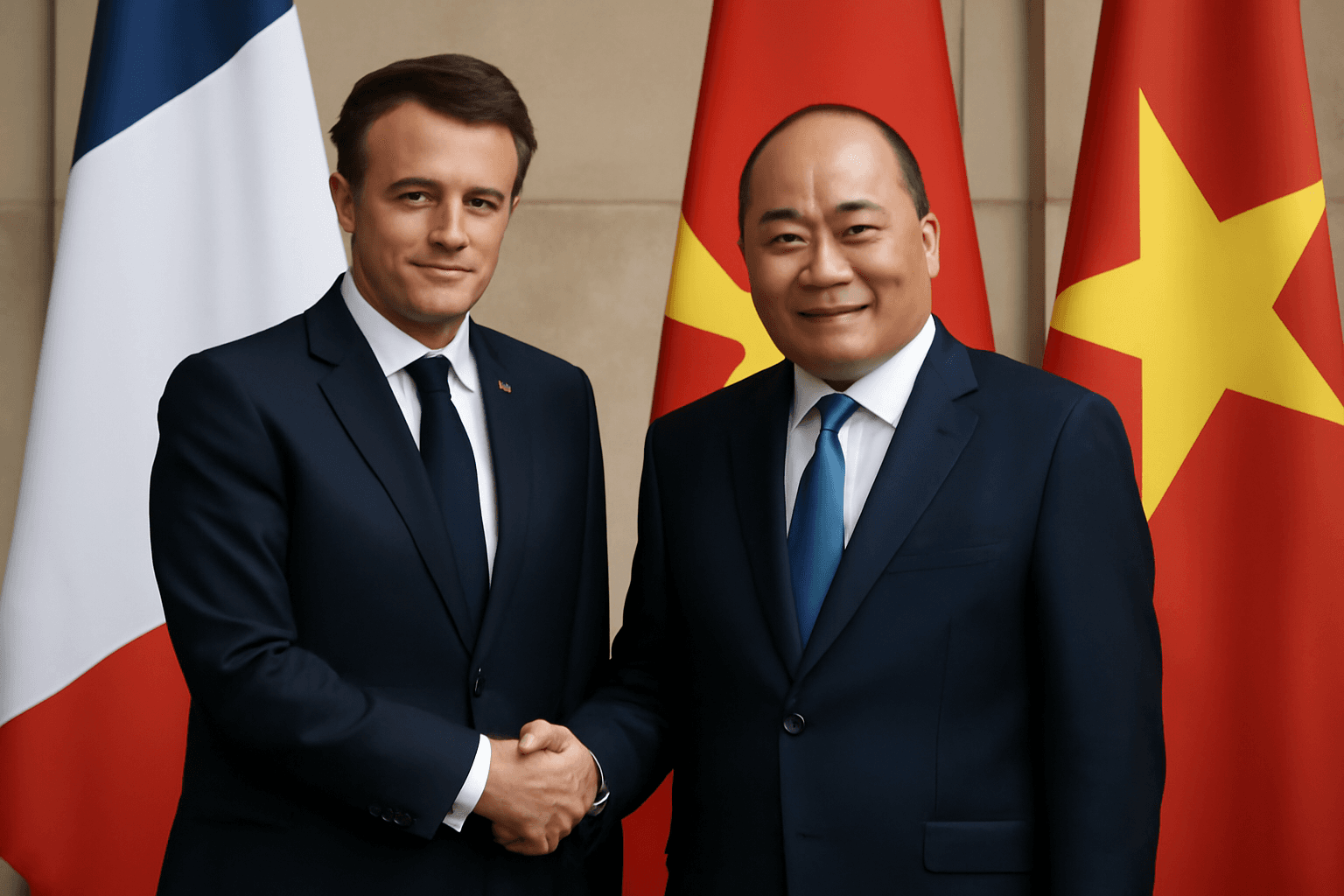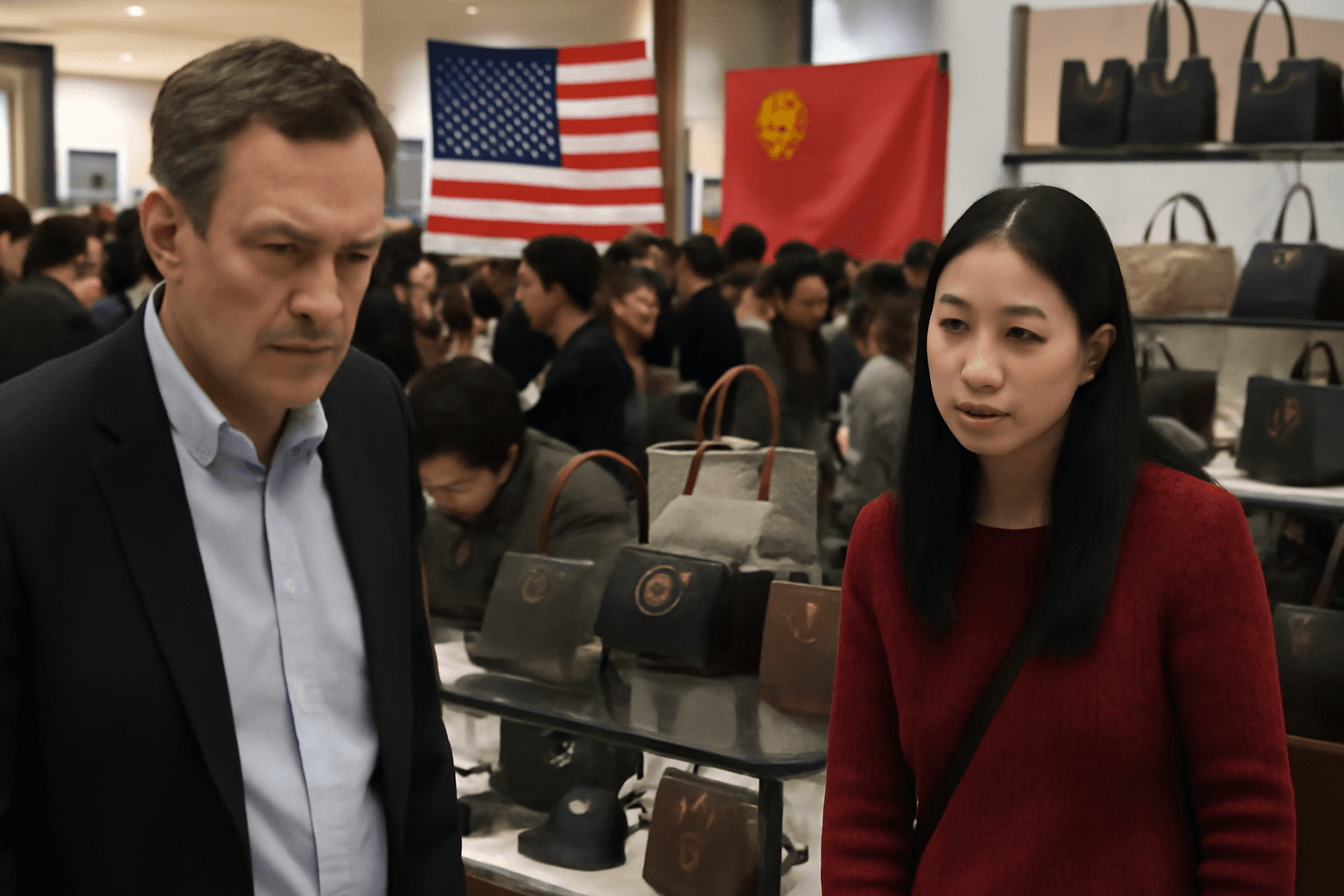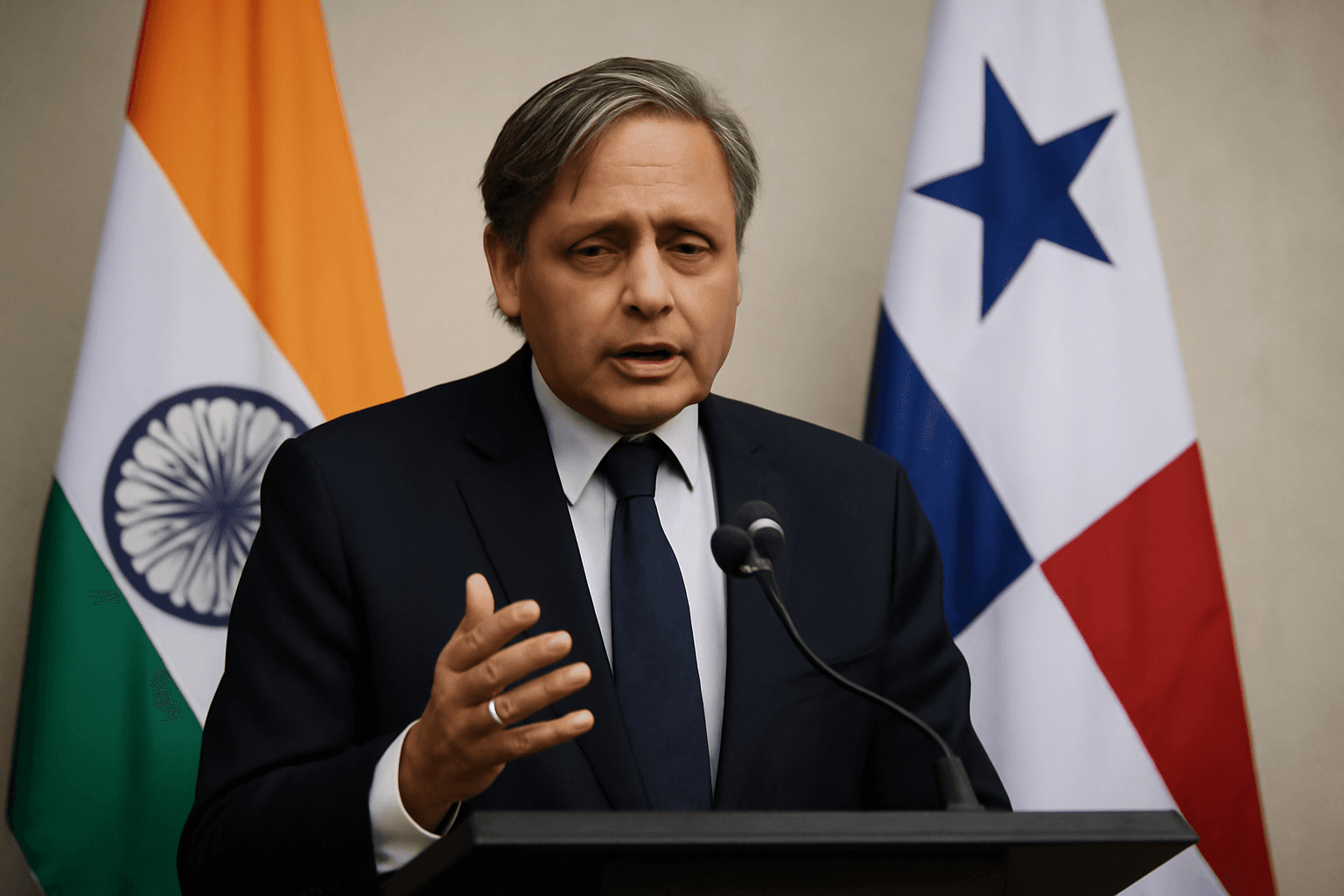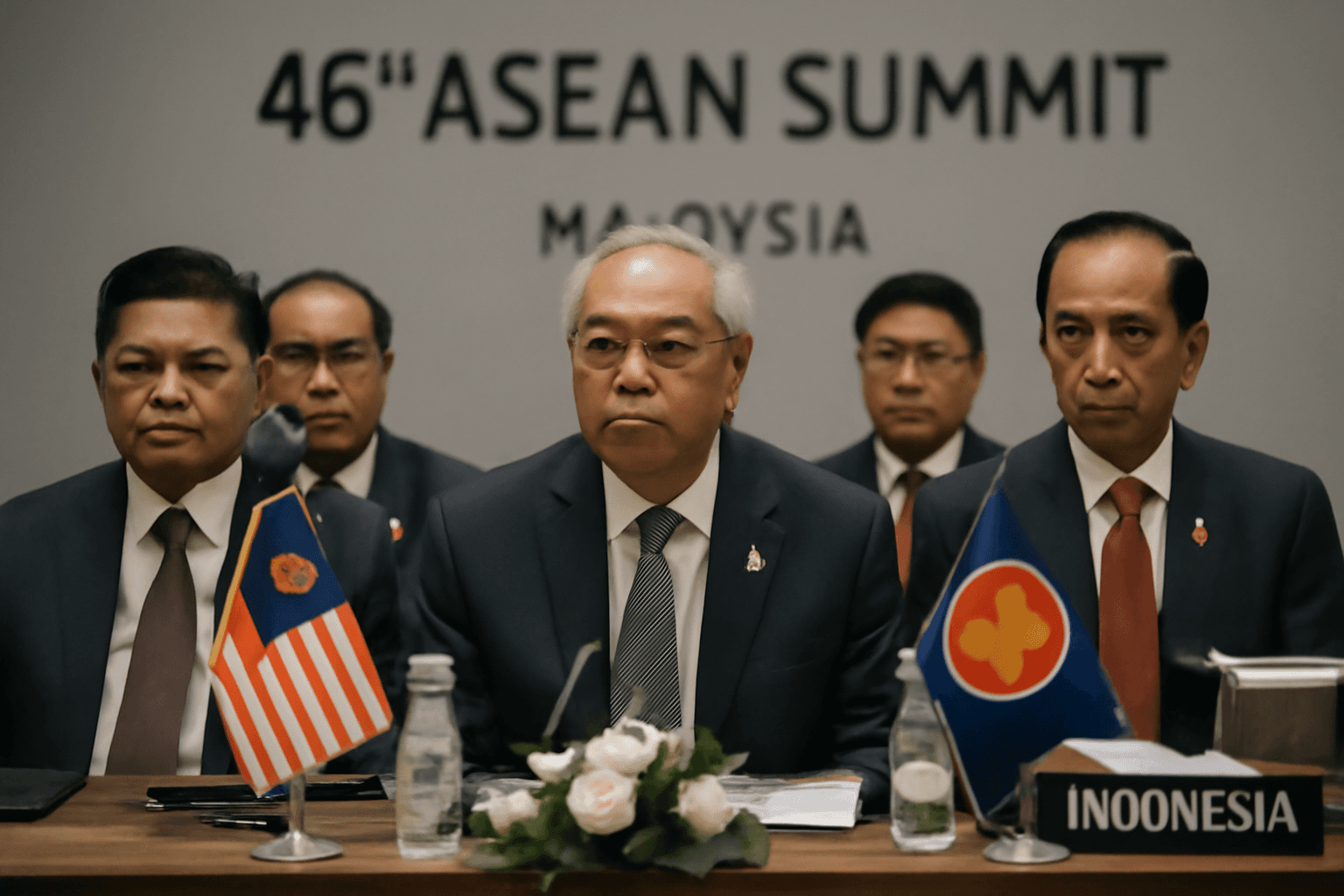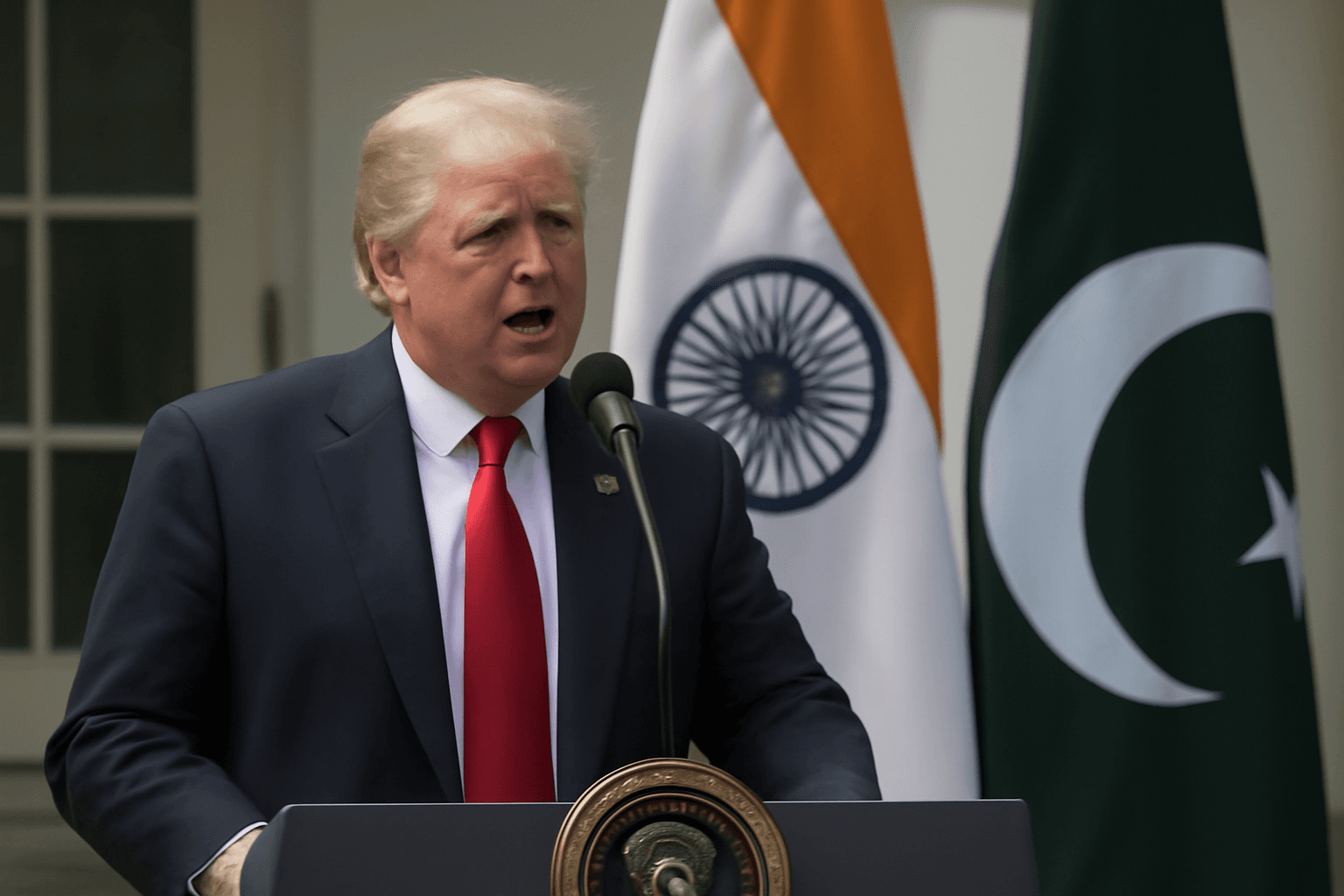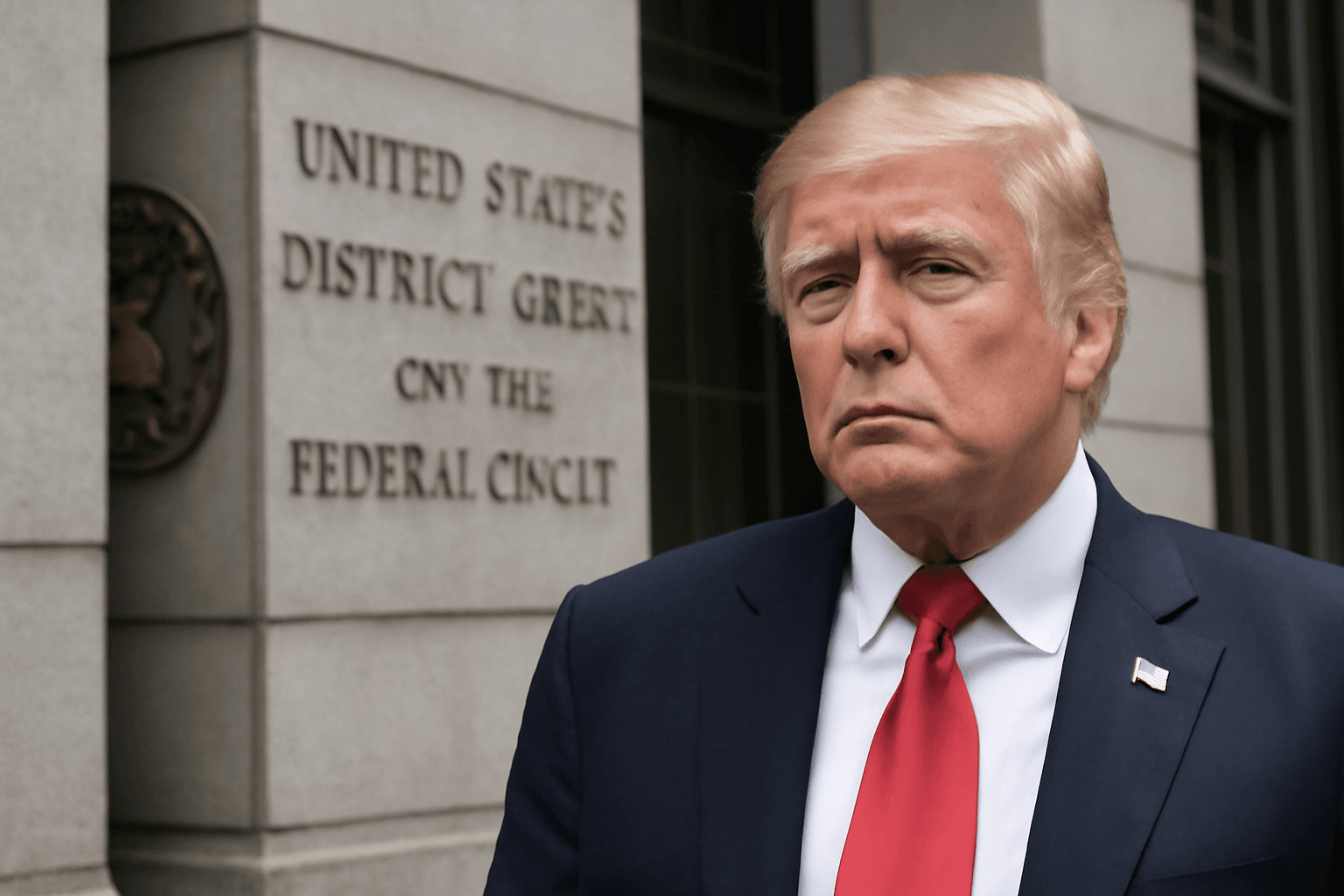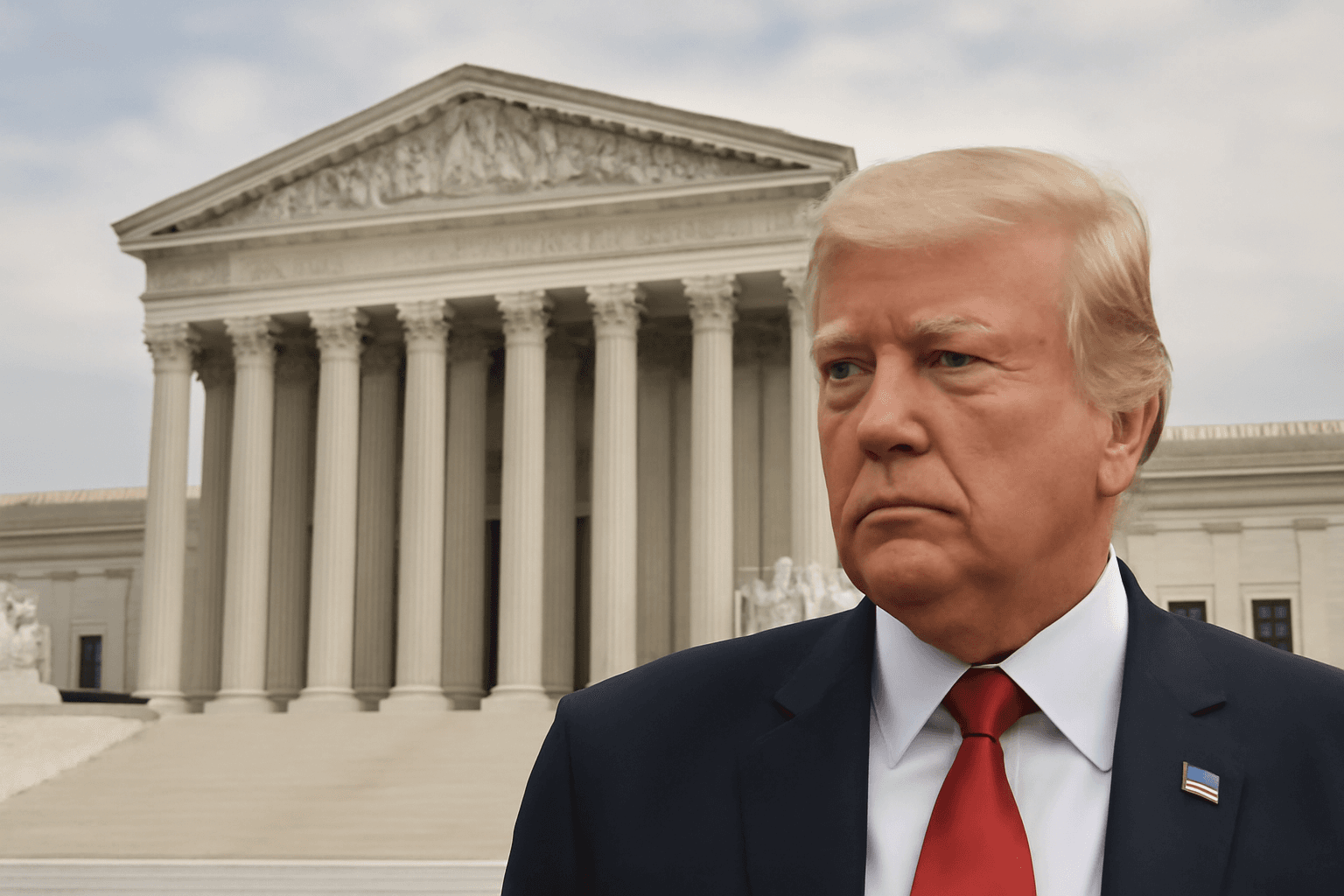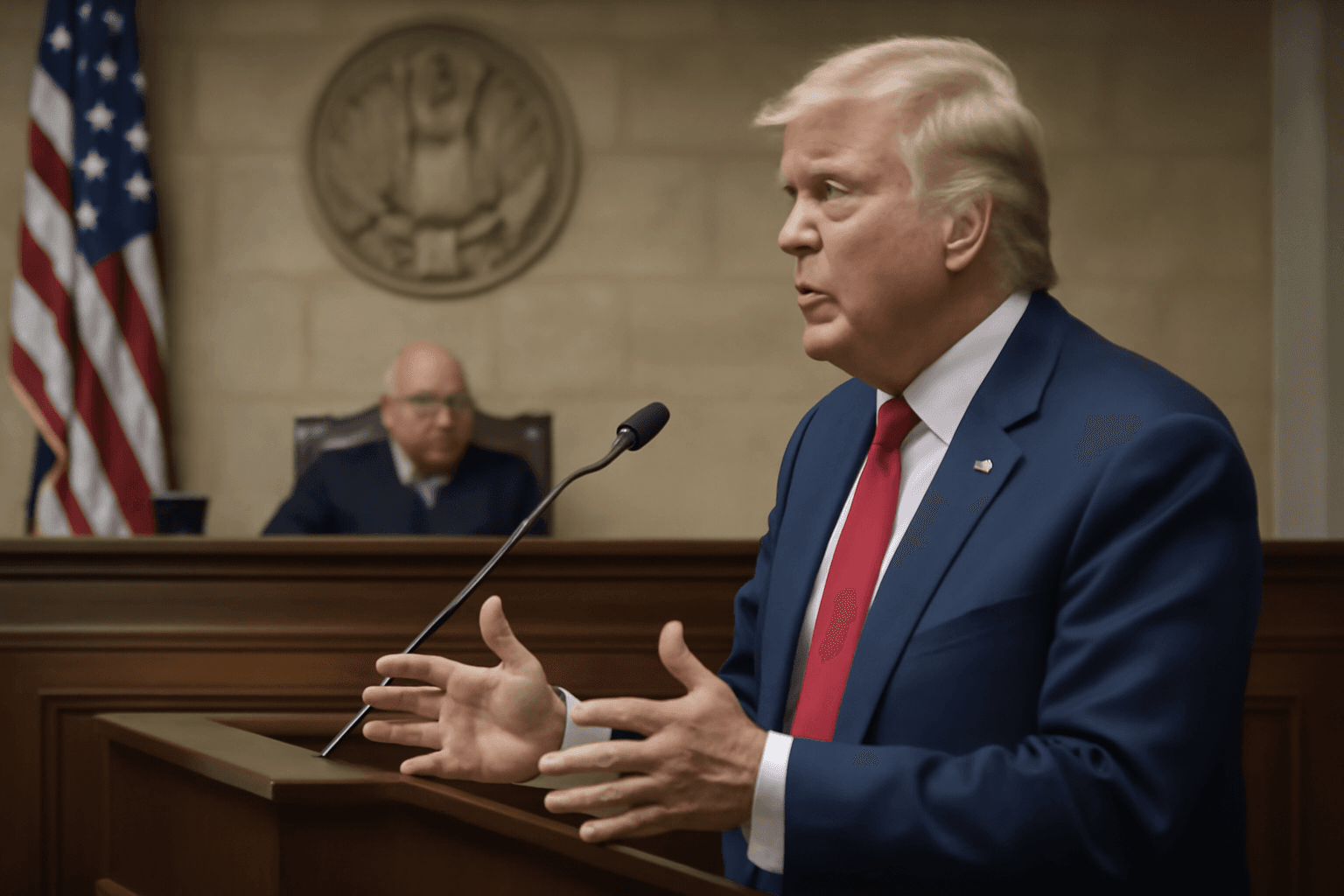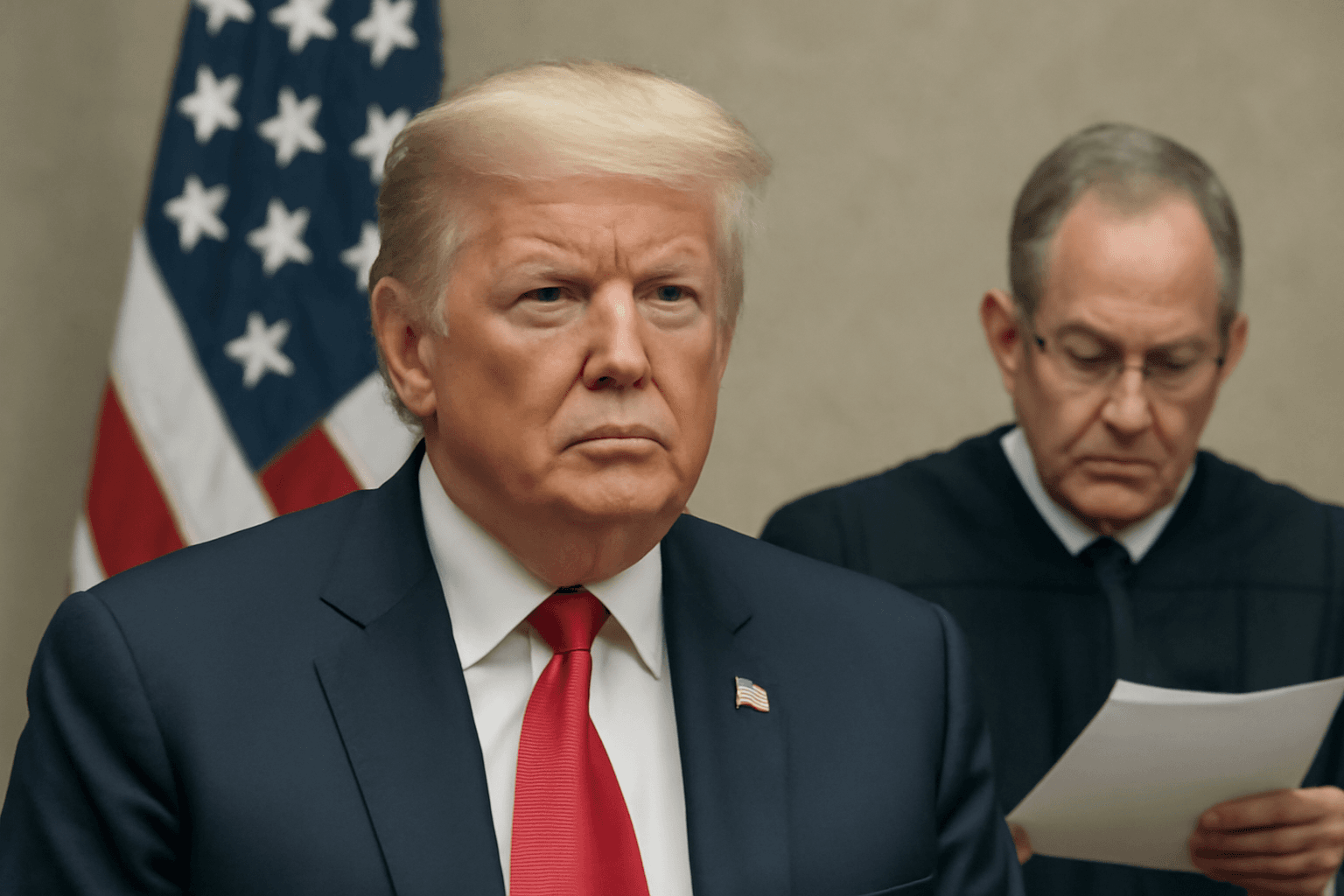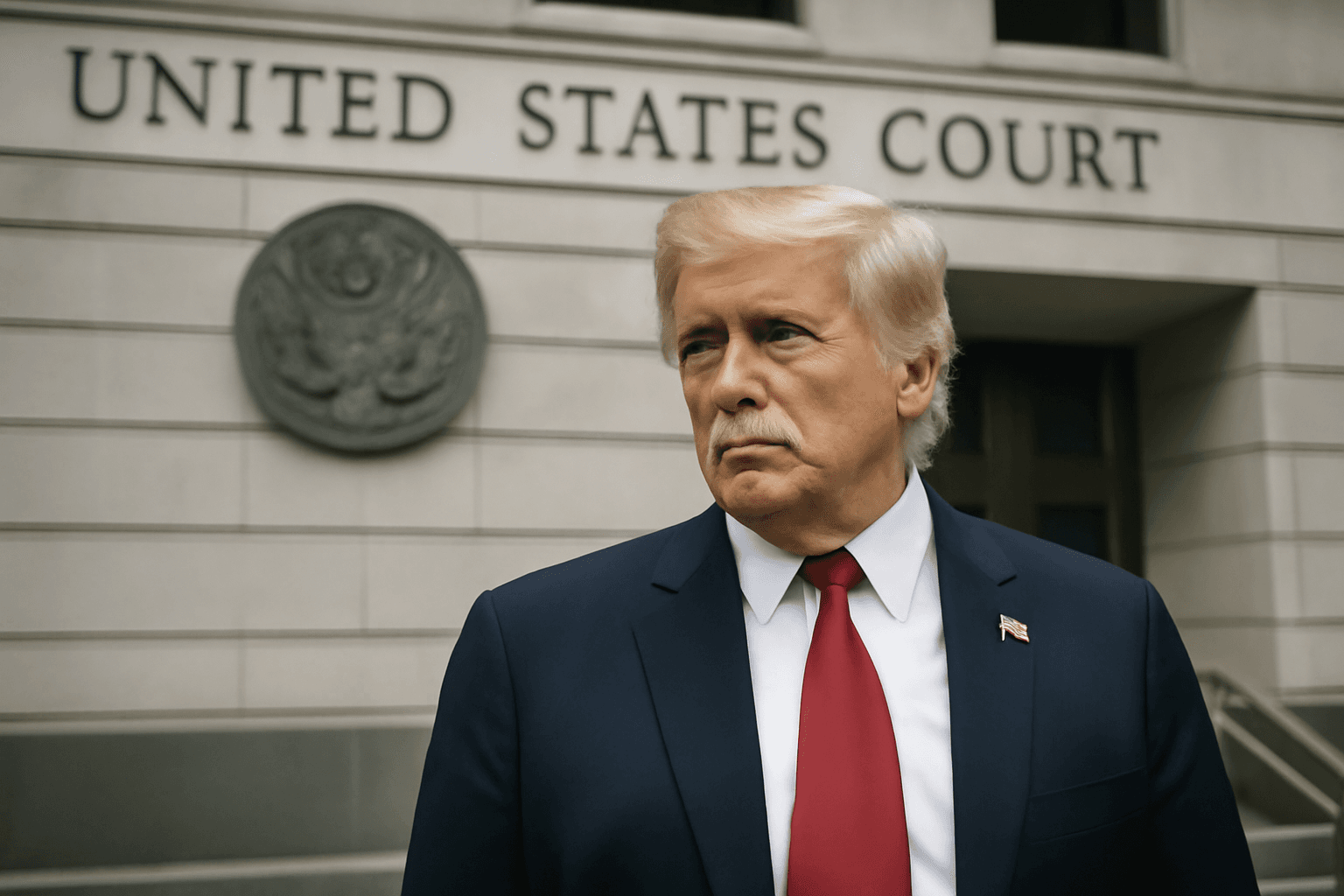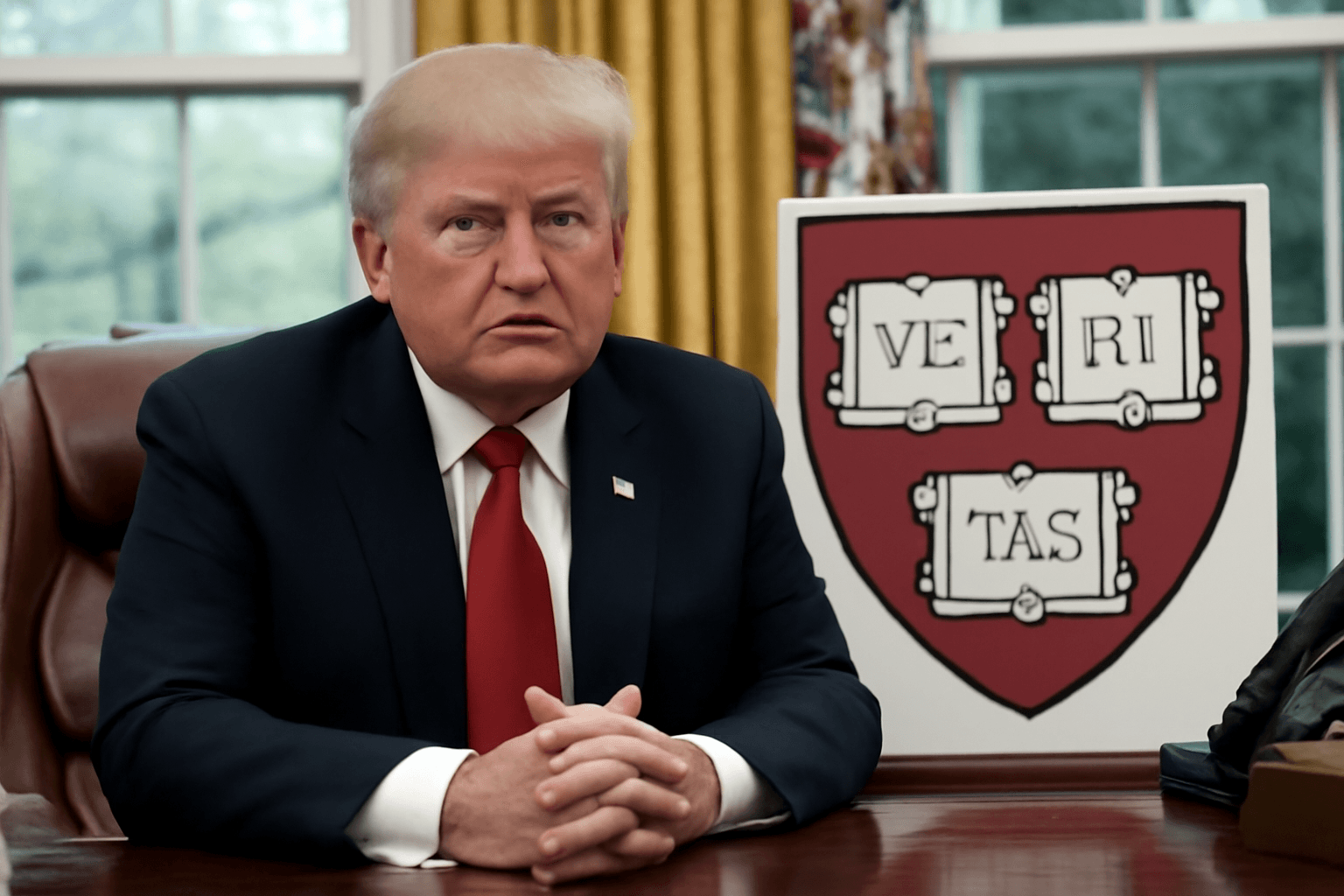The Trump administration has appealed to a New York court to uphold President Donald Trump's tariffs, warning that blocking the measure could exacerbate geopolitical tensions and jeopardize critical trade negotiations.
Representing the administration, senior officials including Secretary of State and National Security Adviser Marco Rubio, Commerce Secretary Howard Lutnick, Treasury Secretary Scott Bessent, and U.S. Trade Representative Jamieson Greer emphasized the broader implications of a legal setback. They argued that reversing the tariffs could lead to a resumption of hostilities between India and Pakistan, and undermine U.S.-China trade talks.
According to the administration, the tariffs have played a strategic role in easing the longstanding conflict between nuclear-armed India and Pakistan, resulting in a fragile ceasefire. Commerce Secretary Lutnick underscored that both nations agreed to halt military actions after President Trump proposed expanded trade incentives in exchange for peace.
"An adverse court ruling restricting presidential authority could prompt India and Pakistan to revoke their ceasefire agreement, threatening regional stability and millions of lives," Lutnick stated.
In regard to China, U.S. officials attributed the ongoing trade negotiations to the pressure from tariffs imposed under Trump’s administration. They warned that invalidating the tariffs would dismantle the progress made toward addressing the significant trade imbalance with China and could embolden Beijing during a critical period of strategic competition.
Secretary Rubio added that courts are not suited to intervene in matters of foreign policy and national security. He cautioned that undermining presidential powers in this context would damage the United States' global standing and encourage adversaries.
The tariffs have been challenged by a coalition of small businesses arguing that their imposition, under the guise of a national emergency, has harmed U.S. companies. A three-judge panel is currently reviewing the case, with a decision pending.
This appeal highlights the broader debate over presidential authority in economic and foreign policy, as well as the complex international ripple effects of U.S. trade measures.

